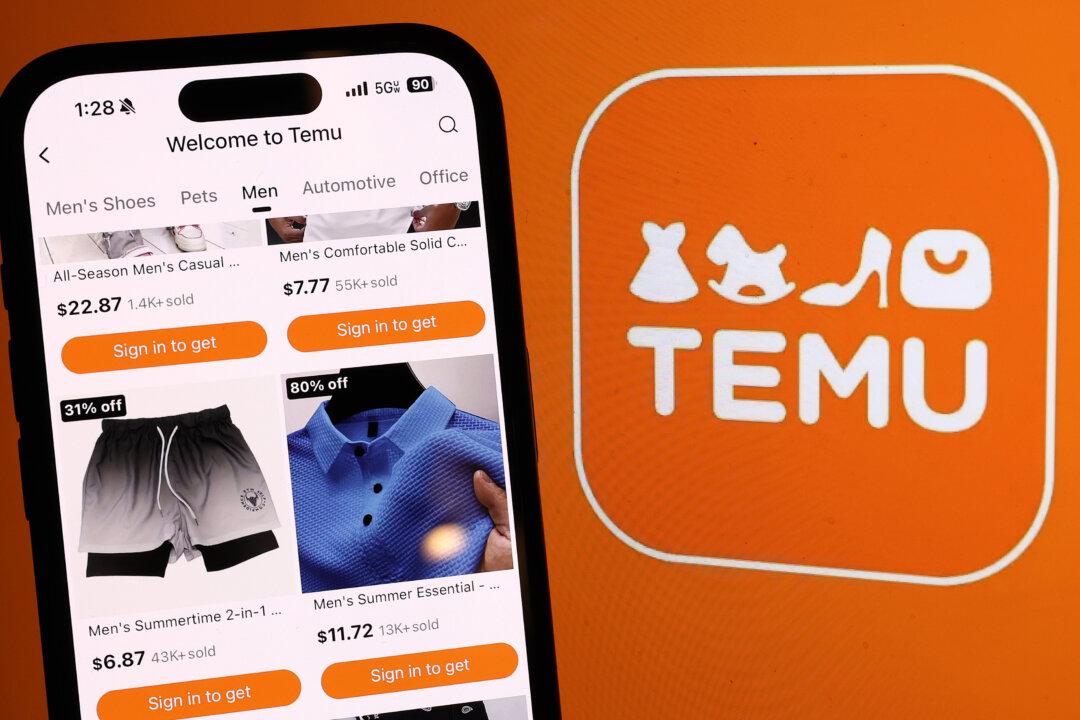Attorneys general from 21 states are demanding answers from Chinese budget online retailer Temu, questioning whether it has done enough to protect consumers from data privacy misuse and products made with illegal forced labor.
“Temu’s business practices and apparent ties to the Chinese Communist Party are deeply concerning,” Montana Attorney General Austin Knudsen said in a statement on Aug. 15. “As attorney general, it’s my job to protect Montanans from bad actors who may be coming after their sensitive consumer data and hold anyone who has violated our consumer protection laws accountable.”





